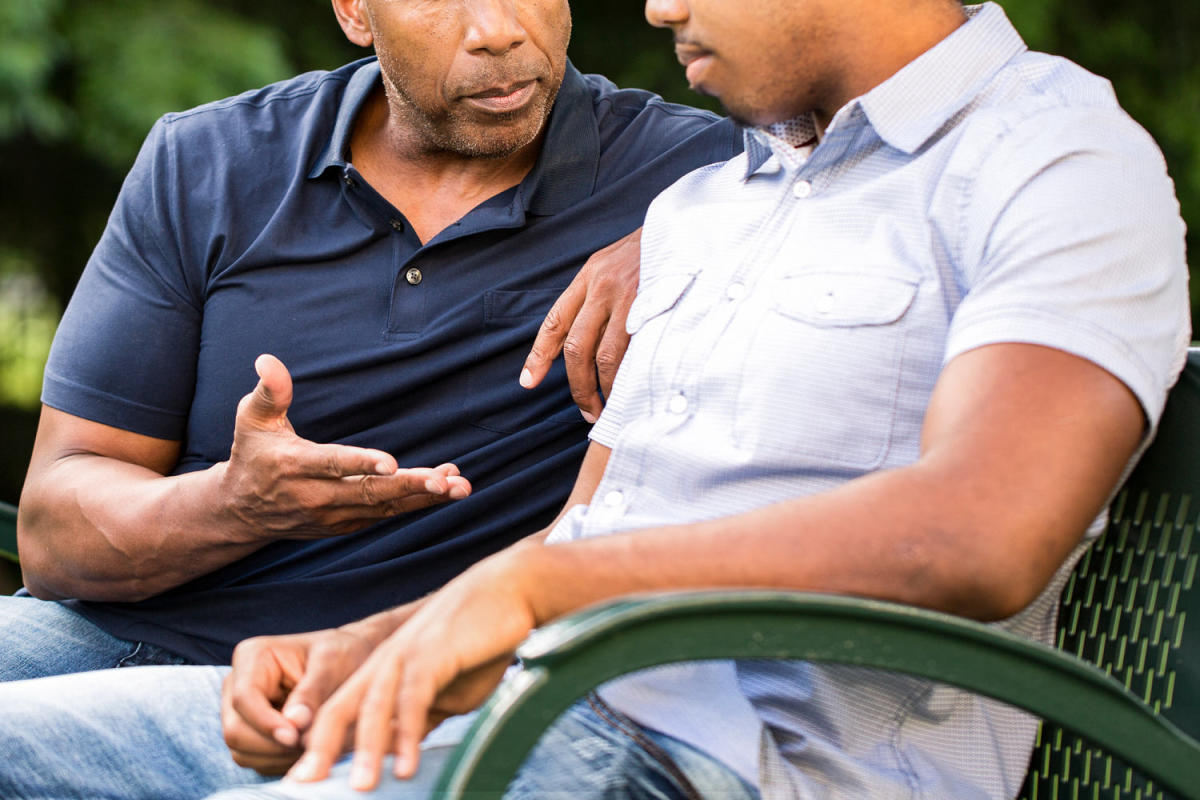The research paper published in the Annals of Family Medicine explored the link between what fathers know about their adolescent sons’ sexual behavior and their guidance on safe sex.
They found that fathers’ perceptions of when their sons are ready for sex correlate with their advice on condom use, which often doesn’t match when their sons actually begin engaging in sexual activity.
Researchers from the Johns Hopkins School of Nursing went into the Mott Haven neighborhood of the South Bronx and surveyed 191 Latino and Black teenagers, from 15 to 19, as well as their fathers, on the teenagers’ sexual behavior and knowledge.
They found that many Latino and Black fathers often underestimated their sons’ sexual readiness. In addition to age, fathers considered other markers for maturity, such as reaching certain milestones and preparedness for safe sex, before giving guidance on condom use.
“Fathers tended to underestimate that their adolescent son was sexually active, so that isn’t a good predictor. Because it means that the adolescent boy, the young person 15 to 19, could have already started having sex and their dad doesn’t realize that,” said Vincent Guilamo-Ramos, the study’s lead researcher and executive director of the Institute for Policy Solutions at the nursing school, who is also a nurse practitioner.
Researchers suggest that health care providers should encourage families and parents to be preemptive in providing safe sex guidance, well before they perceive their sons as ready to engage in sex.
Sexual activity among adolescents has dropped over the past decade, but, troublingly, so has condom use. At the same time, rates of sexually transmitted infections among young men and unplanned pregnancies among teenagers have increased, researchers pointed out.
Black and Latino communities are disproportionately affected by HIV compared to other racial or ethnic groups, with Black individuals aged 13 and up representing 40% of people with HIV and Latinos 13 and up representing 25% of people with HIV.
Black and Latino adolescents, in particular, are at a unique disadvantage when it comes to accessing health care after negative sexual health outcomes, according to the study.
Parental interventions have proven effective for Black and Latino families and as part of a broader tool to address sexual health inequities, researchers wrote. When parents are involved in their teenagers’ sexual education, the teens are more likely to wait to have sex or to practice safe sex.
However, Guilamo-Ramos said many of his Black and Latino adolescent patients often reported that they wished their parents were more involved in their sexual education.
“I was working with young men, particularly Latino and African American, and I was seeing that there were questions and they were actually areas that they wanted their fathers to actually support them with,” Guilamo-Ramos said. “Oftentimes, the fathers weren’t sure if they should have conversations with their sons about these topics, like their sexual health.”
“I really want Latino and Black families to know that their fathers matter and that fathers play an important role,” Guilamo-Ramos said, “not just in terms of the economics of the household or as a disciplinarian, but that dads matter in terms of the relationship they have with their children, including their adolescent sons.”
For more from NBC Latino, sign up for our weekly newsletter.
This article was originally published on NBCNews.com
